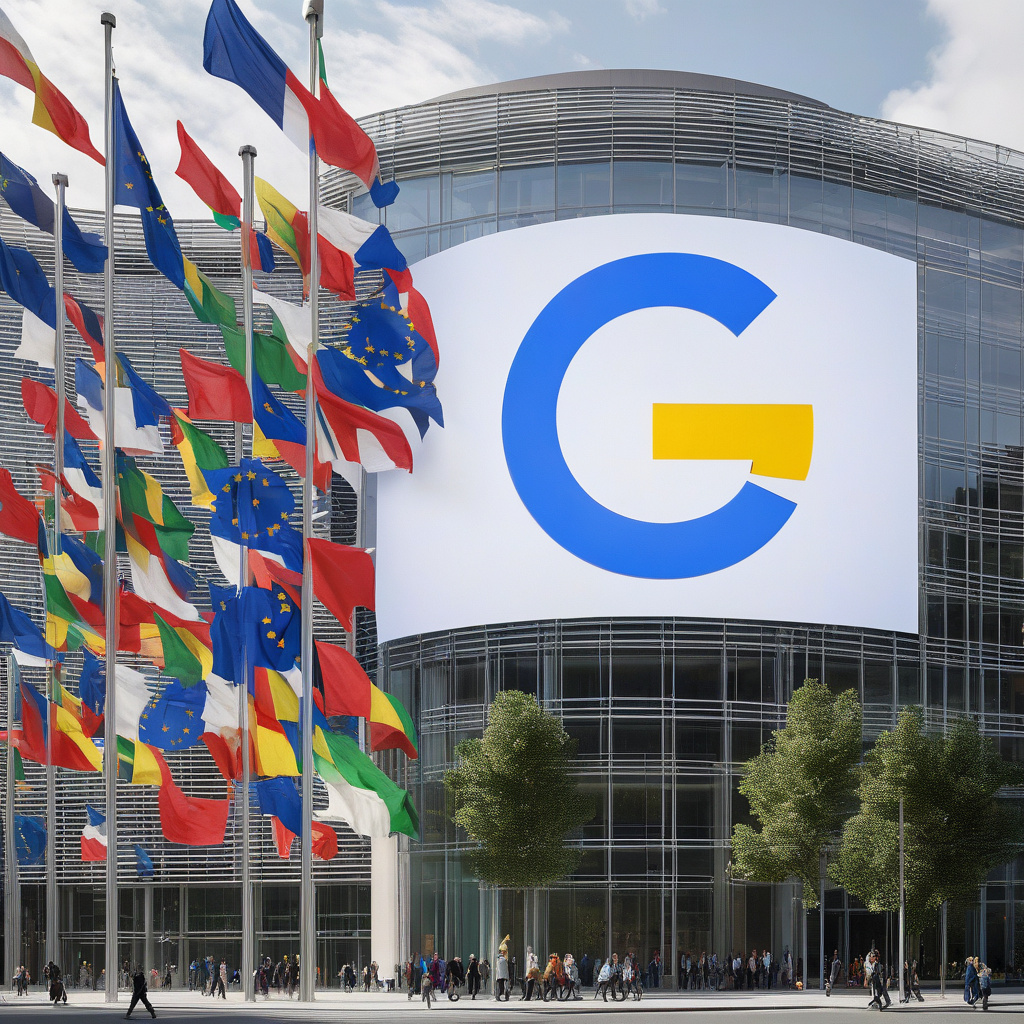Google Hit with $3.5 Billion EU Fine: What This Means for Digital Marketing
Google is no stranger to antitrust penalties, and its latest run-in with the European Union is no exception. The tech giant has been slapped with a hefty $3.5 billion fine, marking the EU’s second-largest antitrust penalty following a similar case in 2018. This development has significant implications for the digital marketing landscape, particularly in the realm of e-commerce and retail.
The crux of the issue lies in Google’s alleged anti-competitive practices, specifically related to its advertising business. The EU’s antitrust regulator contends that Google abused its dominant position in the market by imposing restrictions on third-party websites, effectively stifling competition and innovation. This not only hampers fair market competition but also limits consumer choice and hampers the growth of small businesses.
For digital marketers, this ruling serves as a stark reminder of the importance of ethical practices and fair competition in the online sphere. As Google continues to dominate the digital advertising space, businesses must remain vigilant about maintaining a level playing field for all players. This means steering clear of any tactics that could be perceived as anti-competitive or monopolistic, as the consequences can be severe.
Moreover, this case underscores the need for diversification in digital marketing strategies. Relying too heavily on a single platform, especially one as dominant as Google, can leave businesses vulnerable to sudden policy changes or regulatory actions. By spreading their marketing efforts across multiple channels, such as social media, email, and influencer partnerships, businesses can mitigate the risks associated with overreliance on any one platform.
From an e-commerce perspective, the Google fine highlights the importance of transparency and accountability in online retail. Consumers are increasingly conscious of the ethical practices of the brands they support, and any whiff of anti-competitive behavior can tarnish a company’s reputation irreparably. By prioritizing fair competition and consumer choice, e-commerce businesses can not only avoid regulatory scrutiny but also build trust and loyalty among their customer base.
In light of this latest development, digital marketers and e-commerce professionals would do well to reassess their strategies and ensure compliance with antitrust regulations. Embracing a culture of fair competition and transparency will not only protect businesses from regulatory fines but also foster a more ethical and sustainable digital marketing ecosystem for all stakeholders.
Ultimately, the $3.5 billion fine levied against Google by the EU serves as a wake-up call for the digital marketing industry. By upholding the principles of fair competition, innovation, and consumer choice, businesses can navigate the ever-evolving digital landscape with confidence and integrity.
Google, EU fine, Digital Marketing, E-Commerce, Retail.
